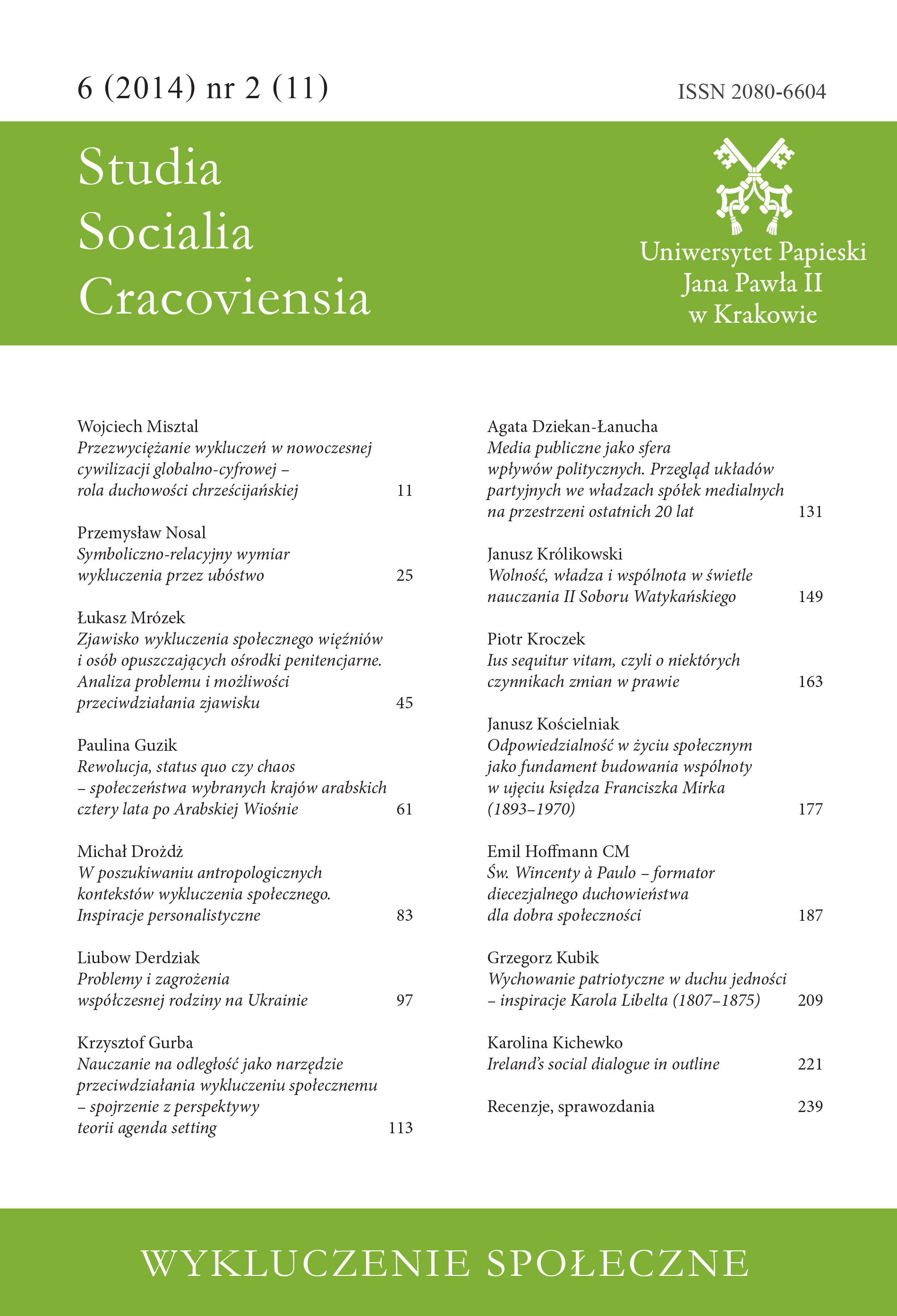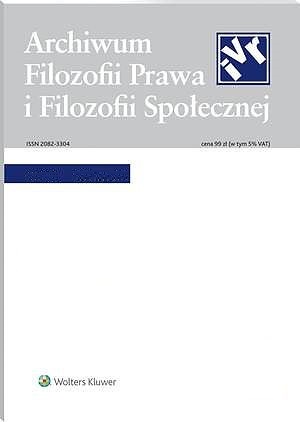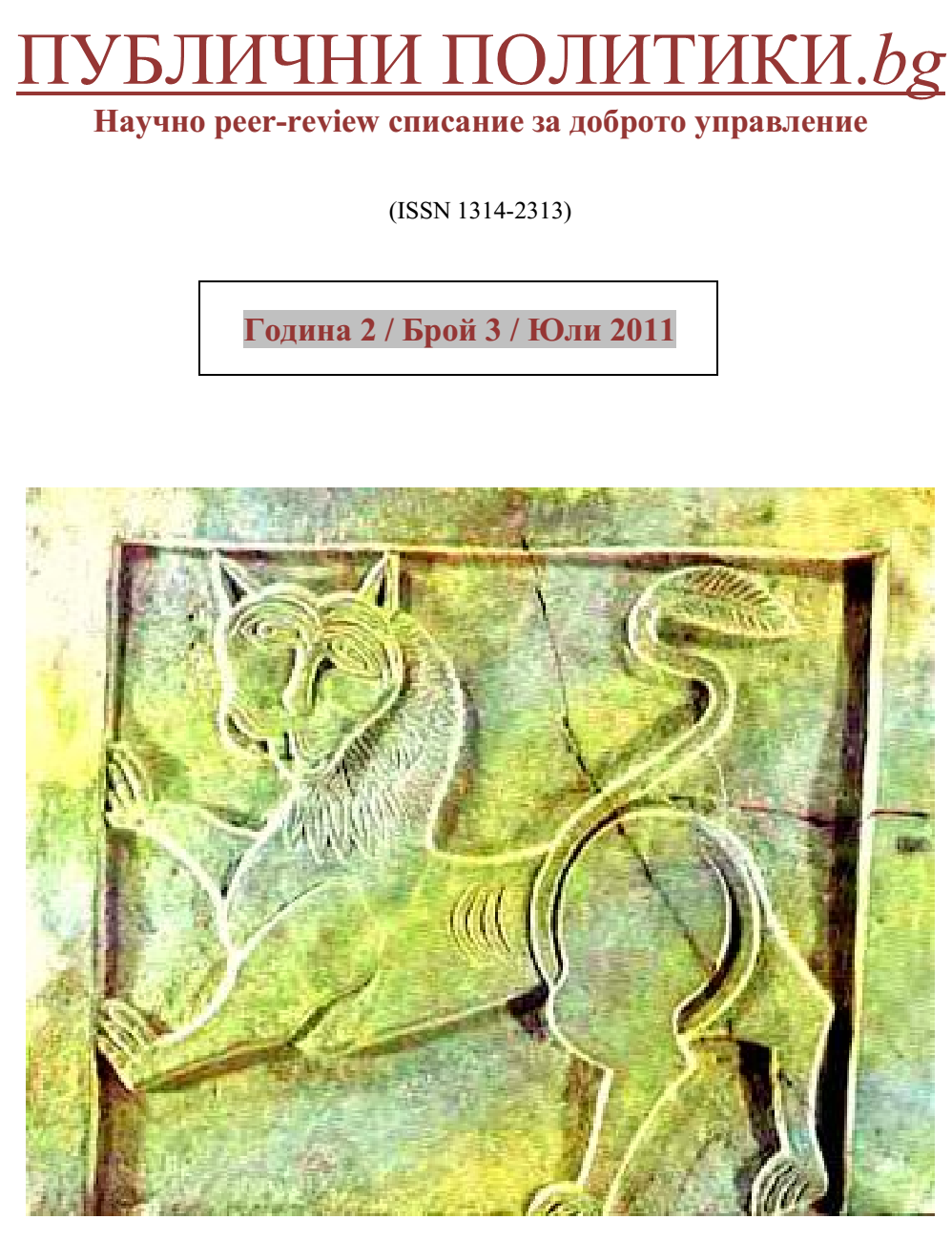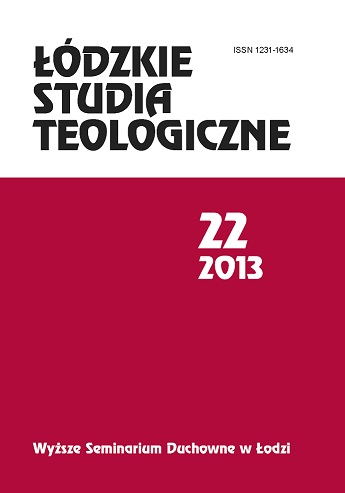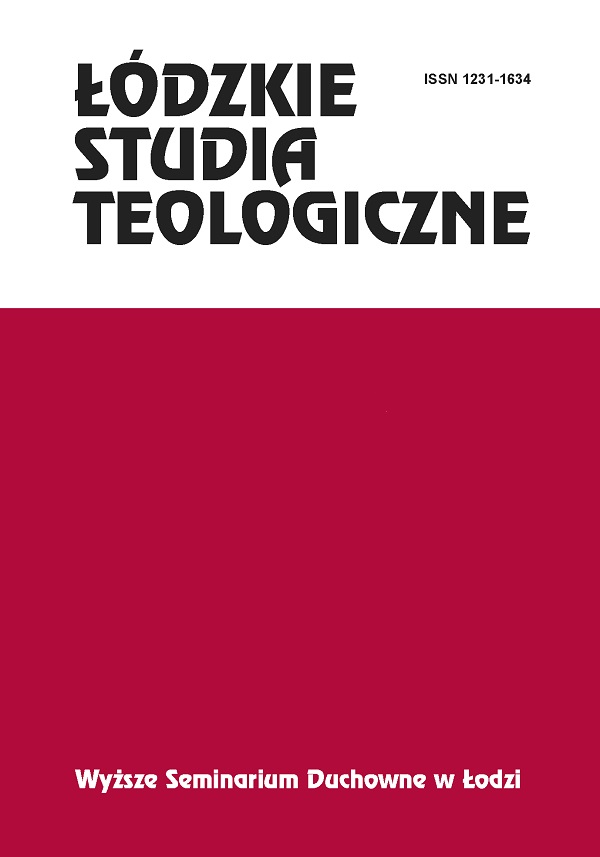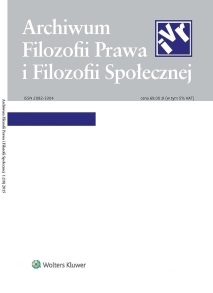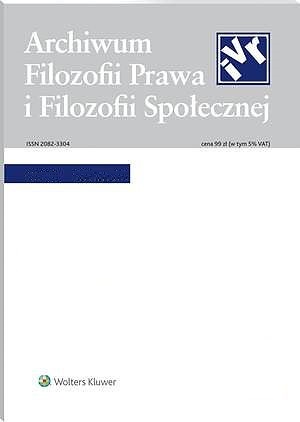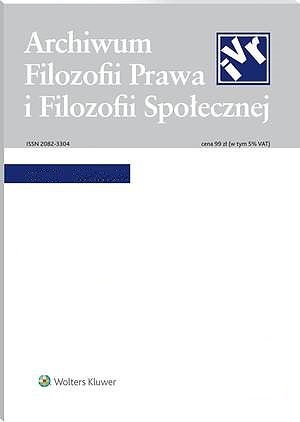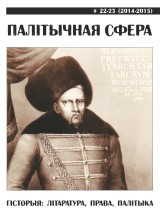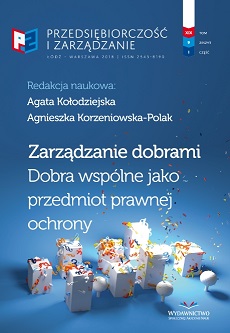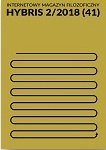Author(s): Franciszek Strzyczkowski / Language(s): English
Issue: 2/2016
This article seeks to elaborate the theoretical discourse on different, competing explanations of the European integration, invoking the notion of the national interest that plays an essential role in the process. Despite increasing integration, the European interest remains quite different from the sum of the national interests of all Member States, and different theories, by presenting explanations of the integration process, raise or diminish its importance. The major premise of the intergovernmental theory is that the integration progress can be analyzed as an intergovernmental regime designed to coordinate the economic and political interdependence negotiated through bargaining. This implies that Member States’ behavior reflects actions taken by their governments based on rational choice, limited only by the domestic social demands and external strategic international environment. According to intergovernmentalism this process, within which states’ preferences are shaped, is in fact the process of national interest formation. In contrast, a second school of thought on integration, affiliated with supranationalism, has a more normative ambition, providing not only a description of the role of the national interest, but also bringing the ideas of its limitation, proposing changes on the mode of European governance aimed at shaping Europe in a more republican manner. Despite the dominant position of the national agents at almost every level of the European governance, for the supranational approaches, due to the multi-level structure of the European Union, controversy between national interest and European common good is rarely invoked. The assumption that one theoretical understanding and the assessment of the level of influence of the national interest as applied to the European integration can have profound legal and political implications, leads us to the conclusion that depicting the five most prominent attempts at capturing it theoretically remains essential for further analysis of the European structure and European legal order. Paradoxically, an unstable economic situation and its overreaching and predominant negative influence on all the Member States, might catalyze a redefinition of Europe and reinvigorate the discourse on both European common good and national interests.
More...
